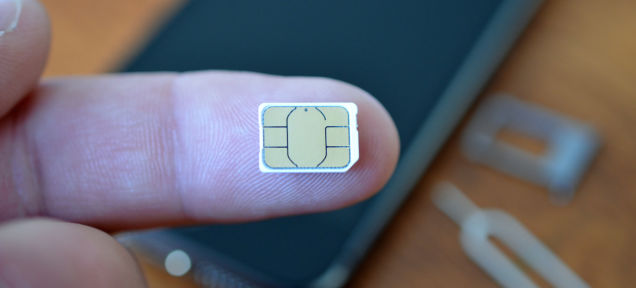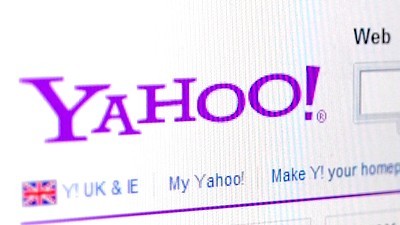Russia is not on anyone’s good side lately.

e-News® | The NEWS Company… : To ensure that SAP and Apple products aren’t vulnerable to spying, Russia suggested last Tuesday that the companies give Russia access to their source code, Reuters reports.
Russia proposed this idea when Apple met with Vyacheslav Orekhov, SAP’s Russian managing director, and Peter Engrob Nielsen, Apple’s Russian general manager. Officials at the meeting discussed how this proposal would protect consumers’ and corporate users’ private information.
Russia has expressed concerns about Edward Snowden leaking sensitive information from the NSA. Since that security breach, foreign experts believe that U.S. government-backed software encryption standards allow the NSA to spy on people too easily.
“Edward Snowden’s revelations in 2013 and the public statements of U.S. intelligence services about increased Russia surveillance in 2014 have called into question the reliability of foreign software and hardware. It is obvious that those companies that disclose the source codes of their programs are not hiding anything, but those who do not intend to cooperate with Russia in this regard may have products with undeclared capabilities,” Nikiforov said in a statement, noting that Microsoft has been releasing its source code since 2003.
This is not the first time Russia has been wary about Western-made tech products. Members of the Russian cabinet were banned from using iPads in favor of Samsung tablets last March, the Moscow Times reports. Nikiforov said products made by Samsung are better designed to protect private information.
Licensing options for source code range from free and open-source to proprietary. Open-source software developers make their source code public to encourage collaborators to make improvements and alterations, while proprietary software makers copyrighted source code to prevent rivals from stealing hidden features.
Apple closely guards its proprietary software, and SAP, the world’s fourth largest business software developer, also guards its products’ source code.
Both Apple and SAP have declined to comment on the situation.





































